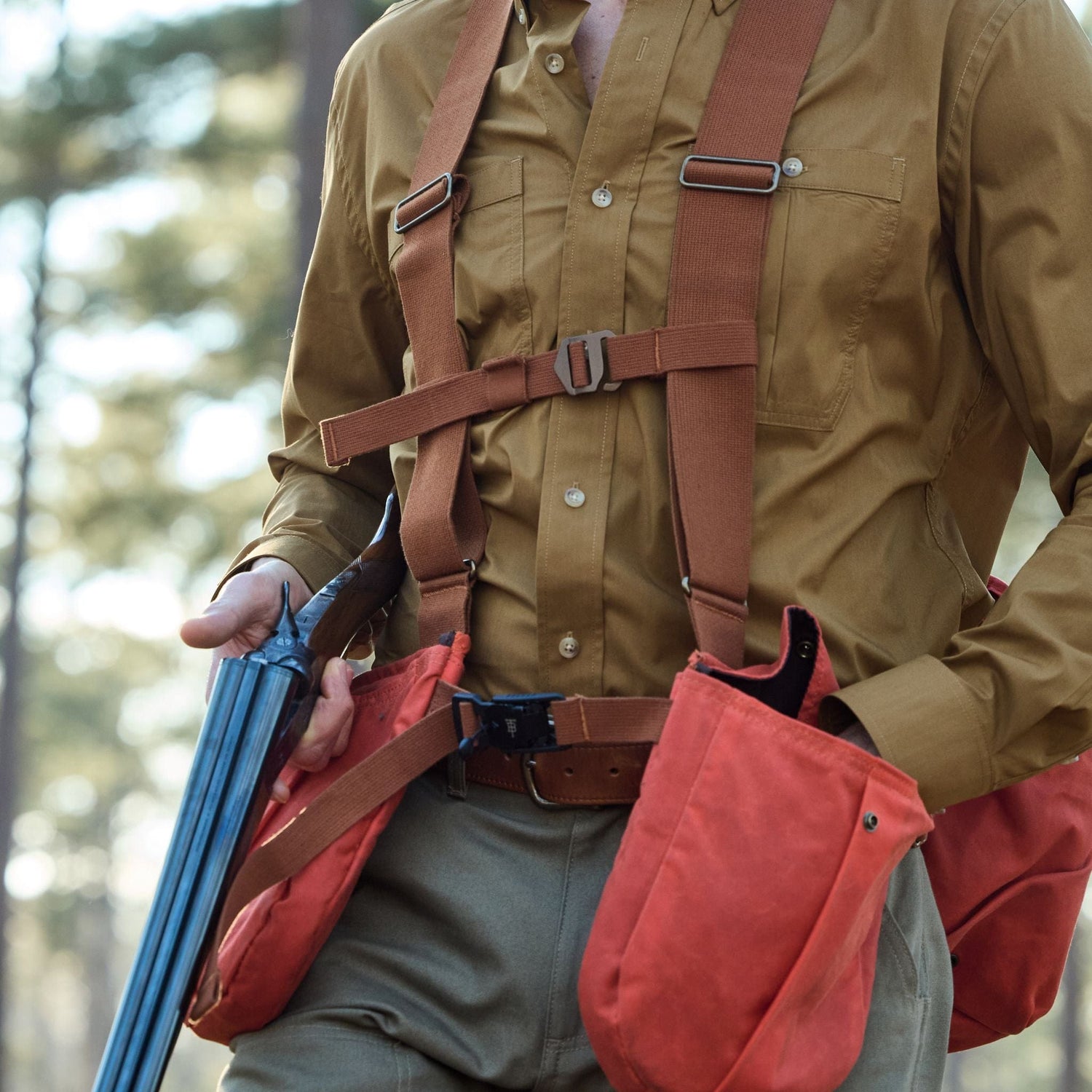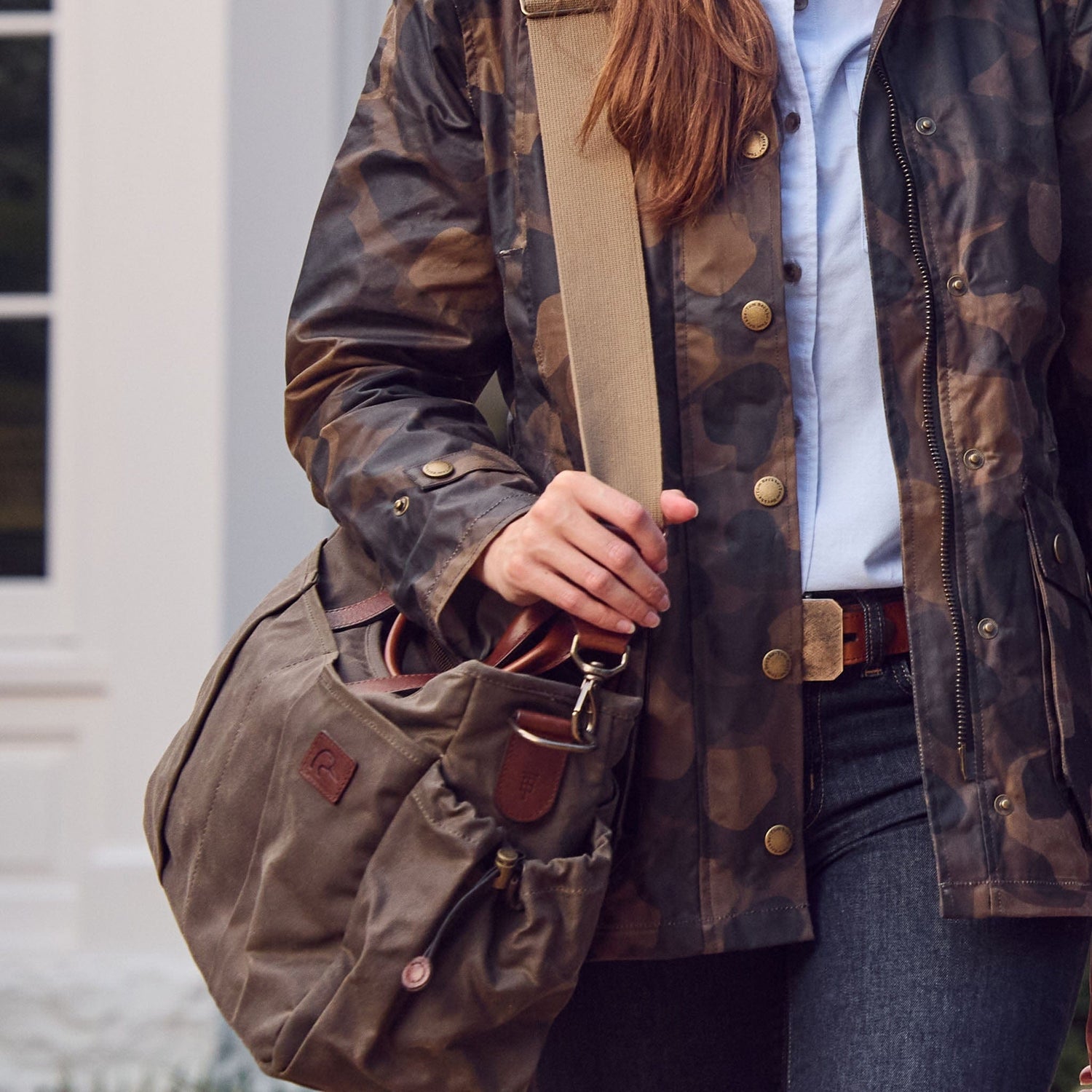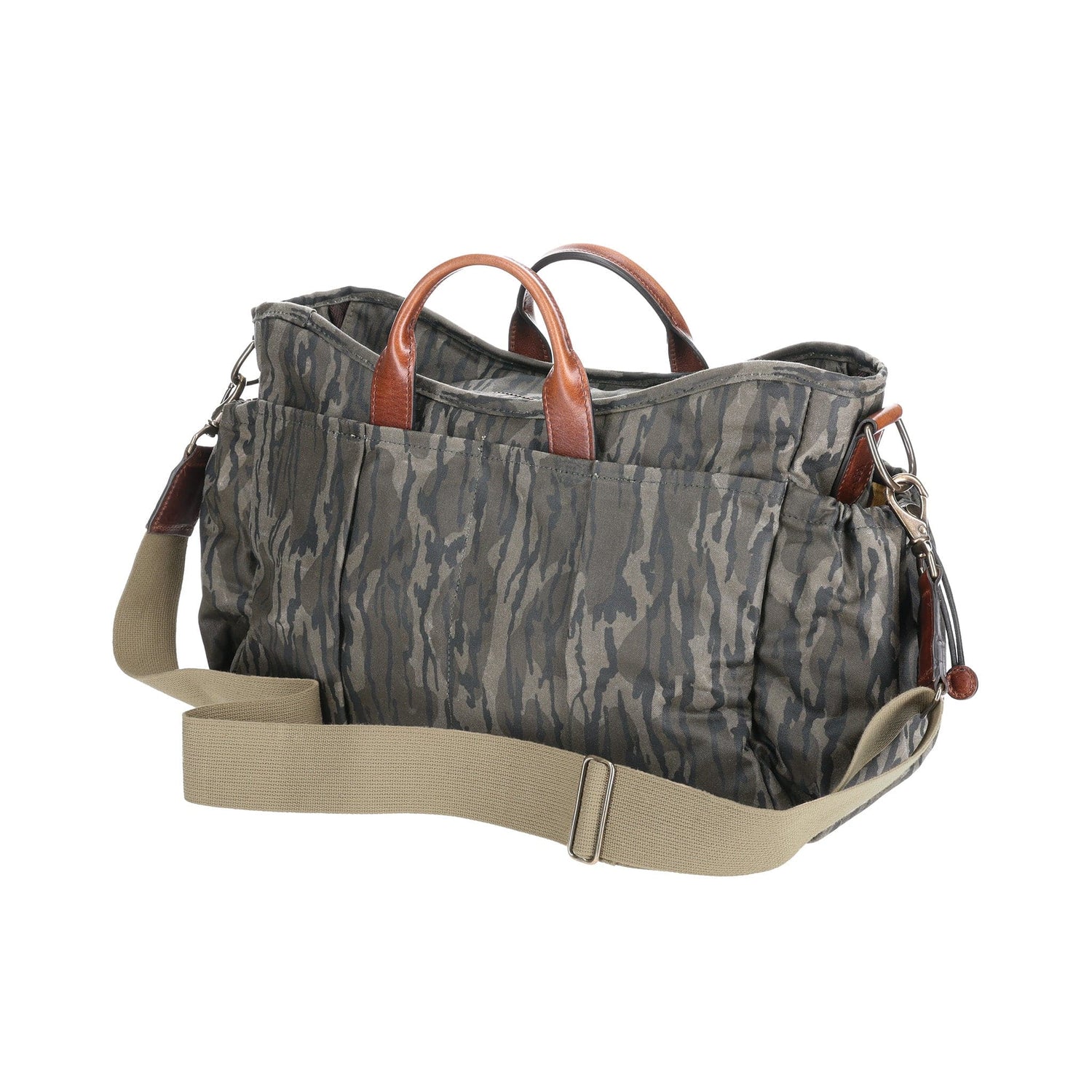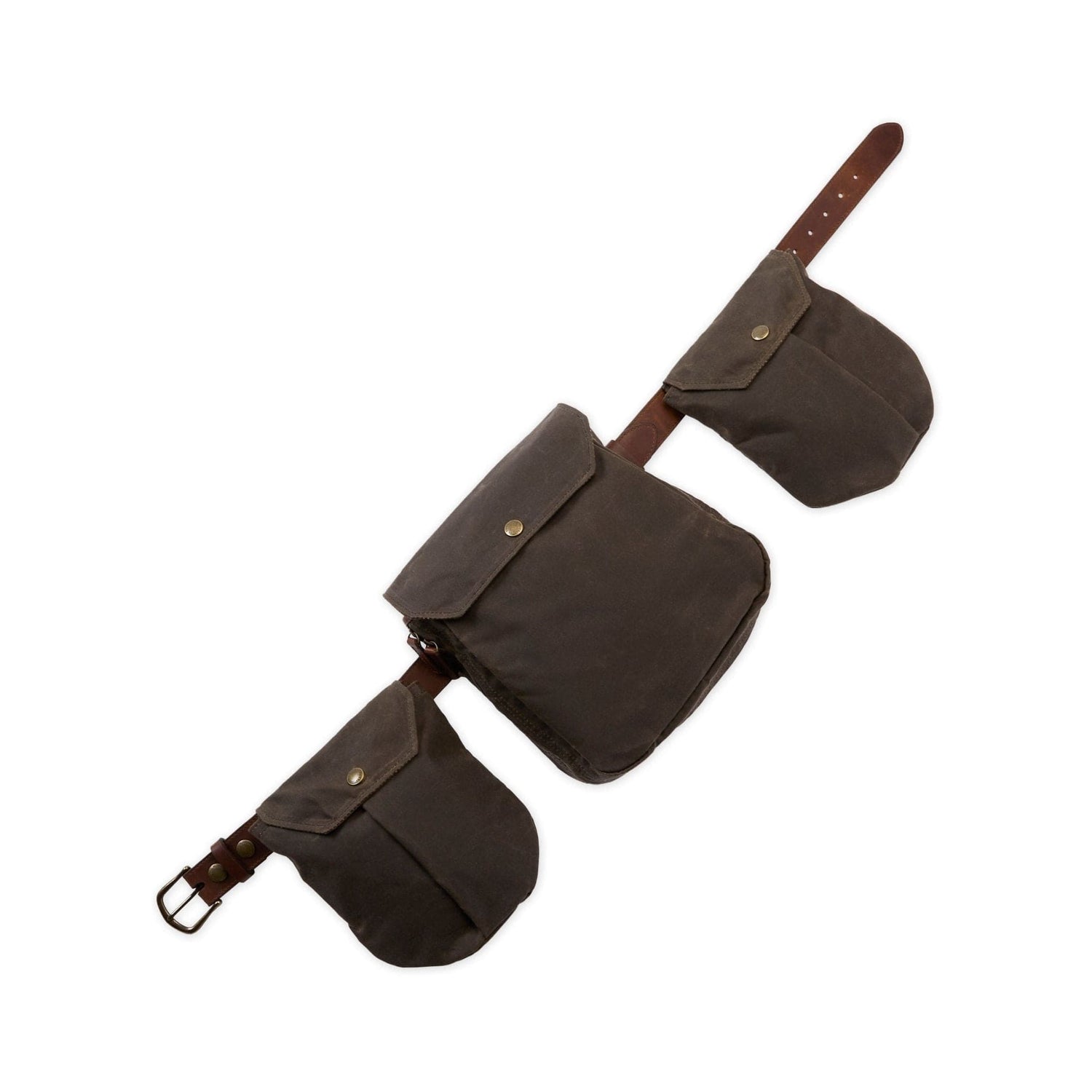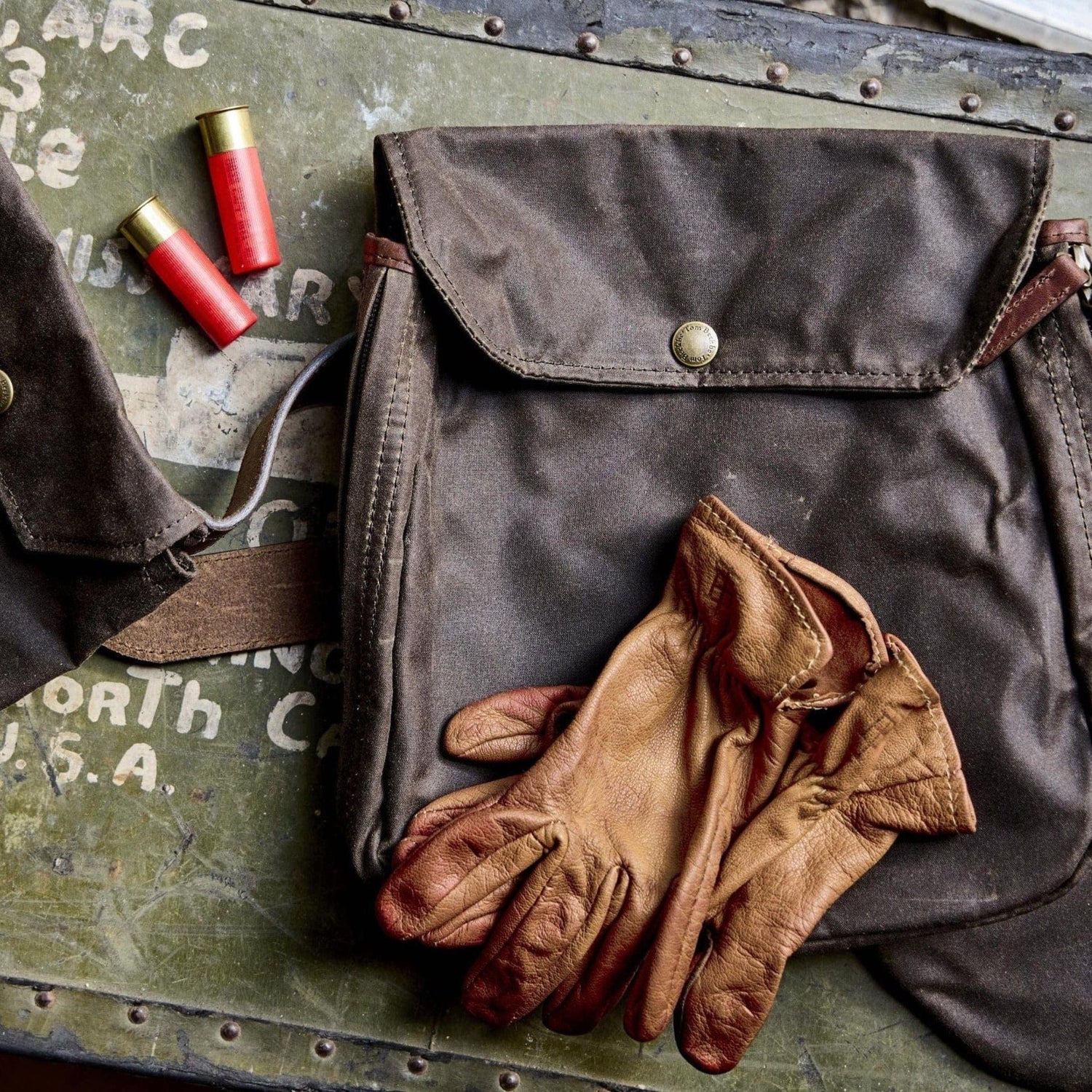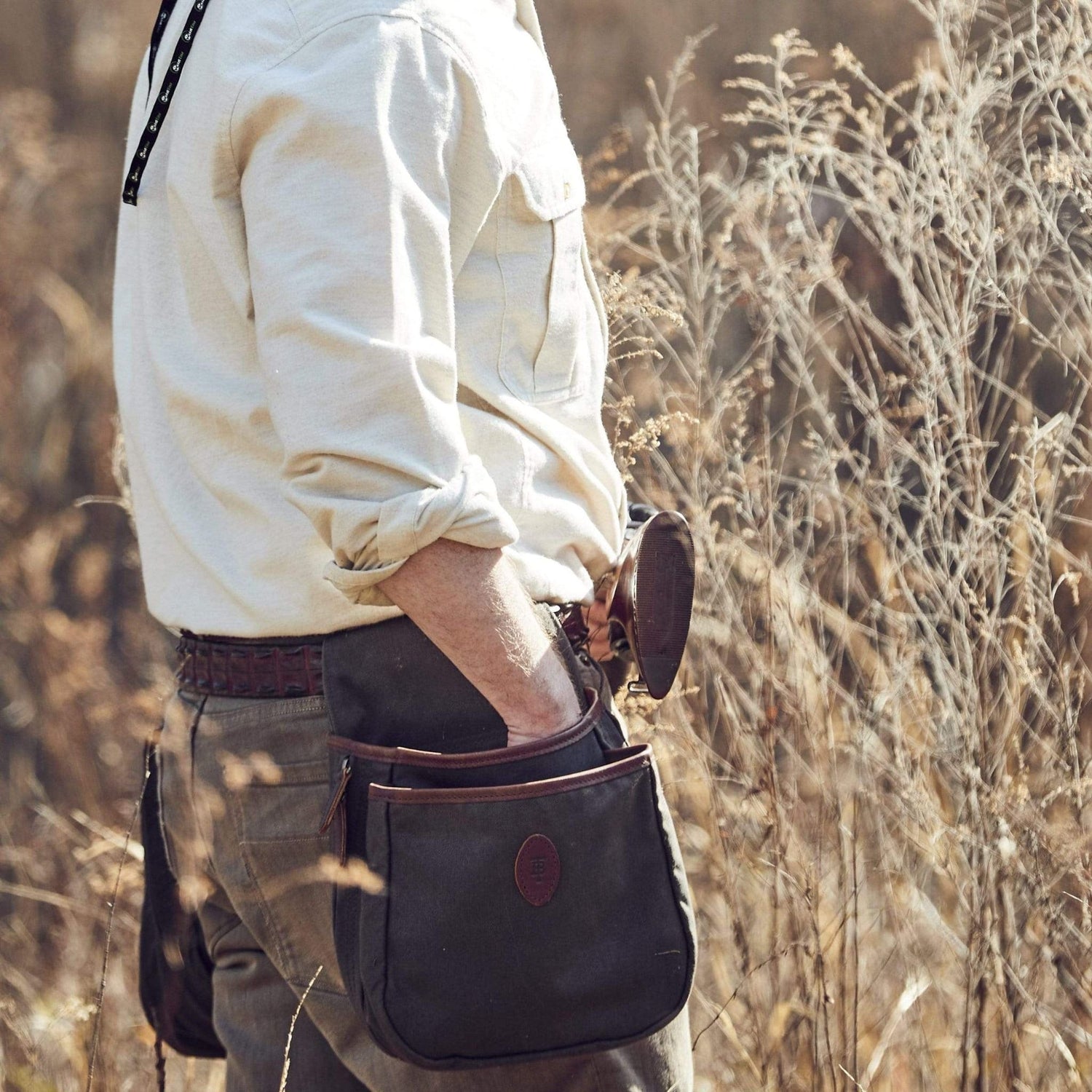A young fellow from Nazareth once said, “Where your treasure is, there your heart will be also.” One of the greatest treasures of my life is something into which I was born. The privilege of that is not lost on me and it’s something for which I am eternally grateful. By chance or fate or whatever you want to call it, I’ve been blessed to be part of a family whose ancestor bought a chunk of land in south-central Georgia when there was a lot of it to go around and it was cheap. I had nothing to do with it, but the fact that my great-great-grandfather discovered this place from horseback in the 1890s while scouting longleaf pine timber for a lumber company, has probably been the single most life-shaping historical event in the unfurling of my life. I’ve thought a lot about the meaning of this.
The relationships between people and land can take many forms. More often than not, that relationship is strictly one of economy. Land is considered more of a commodity these days than a living, breathing thing. All too rarely, is it valued for its own sake. But, some of us still see it that way. It’s hard to hold onto land that doesn’t pay for itself. Making money from the land in a way that perpetuates the relationship with place is a hard thing to do. The land won’t give itself up without a lot of sweat from one’s brow, a lot of worry, hurt feelings, and skinned knuckles.
As children, we see the land as a playground; a place to hunt, fish, search for arrowheads. We get a little older and the work begins to surface. Then we make plans of our own. We assume the burden and pleasure of the land’s care. Responsibility and reality set in. If we are fortunate, all these things combine into one experience that is our relationship with the land.
My little piece of my great-great-grandfather’s 1500-acre farm consists of 200 acres of sandy loam fields and orchards, some tall pines, and a hardwood bottom along Limestone Creek. In the 1980s my grandfather and his brothers and sisters divided the original place between them. Fortunately, most of the family members have managed to hang on to their share. I am left with aging relatives, great aunts, and cousins, most of whom live far away who still care about the place and want to hang on to it, but the farm is not likely at the top of their minds most days. I have become the de facto caretaker of not only my 200 acres, but their parcels as well because I am nearby and spend at least two to three days per week there. It’s a responsibility I am happy to assume. We have all used the land as one big place over my lifetime, but I fear that with each passing generation, the risk of that relationship changing grows. As the older generations pass, the land becomes further divided, diluting it among later generations who may not have had a chance to develop a relationship with it.
In 2005, I became the first member of our family to farm the land in nearly 50 years. I planted a pecan orchard and began working another orchard my great-grandfather planted in the 1920s. It has all grown from there. While income from the land helps to justify the time I spend there and certainly is a blessing, I find that the greatest treasures afforded me by the land, the things I will remember the most when I can’t walk over it under my own power anymore, have nothing at all to do with money. They are wrapped in the summer nights spent fishing for crappie from the dock on Limestone Creek with my grandparents, the golden afternoons spent following my Uncle Bill and his revolving brace of pointers and setters through the briars, the first duck I threw lead at as its silhouette appeared through the fog filling the cypress bottom. There was the day I watched as my father shot a dove from the sky over a peanut field and marveled as it fell directly into his outstretched hand. There was the first turkey I ever stalked and successfully worked all by myself through the entirety of a spring morning.
There have been other moments, more memories than I can count. The peace of the land on a winter evening when the traffic out on the paved road has died down and the people in the houses on the lake have gone inside to supper. The wood ducks flying in to roost on the creek, wings whistling. My grandfather talking to the cows. My daughters playing in the minnow bucket instead of fishing. Carrying them on my back as we walk the winter creek bottom. The puzzled looks on their innocent, young faces as I tried to explain to them where the arrowheads and pottery shards we found in the turned field came from. The black-bellied whistling ducks that took up residence in a low spot holding water in one of the fields that pandemic May.
The farm shapes the way in which I see the world; giving me the interests and experiences that make me who I am. I’ve thought about what it would be like if this place had to be sold or if development encroached too unbearably upon it. I worry about that. Sure, I could take the money and buy land somewhere else. But it wouldn’t be this place. No other place holds these memories, these treasures.
Still, you don’t have to be born to a place to have the land speak to you. The land speaks to us in many places and in many ways. For some of us, it is a stand of longleaf pines, or a hardwood bottom, an orchard, a field, a Montana river full of cutthroat trout, a certain shoreline, a tidal marsh, desert sandstone, the tall grass of the prairie. There’s a place out there for everybody. When you find your place, your treasure, your heart will tell you.
About the Author
Lenny Wells is a Professor of Horticulture and Extension Pecan Specialist at the University of Georgia Tifton Campus in Tifton, GA. He writes and farms pecans on a little over 100 acres of family farm.






